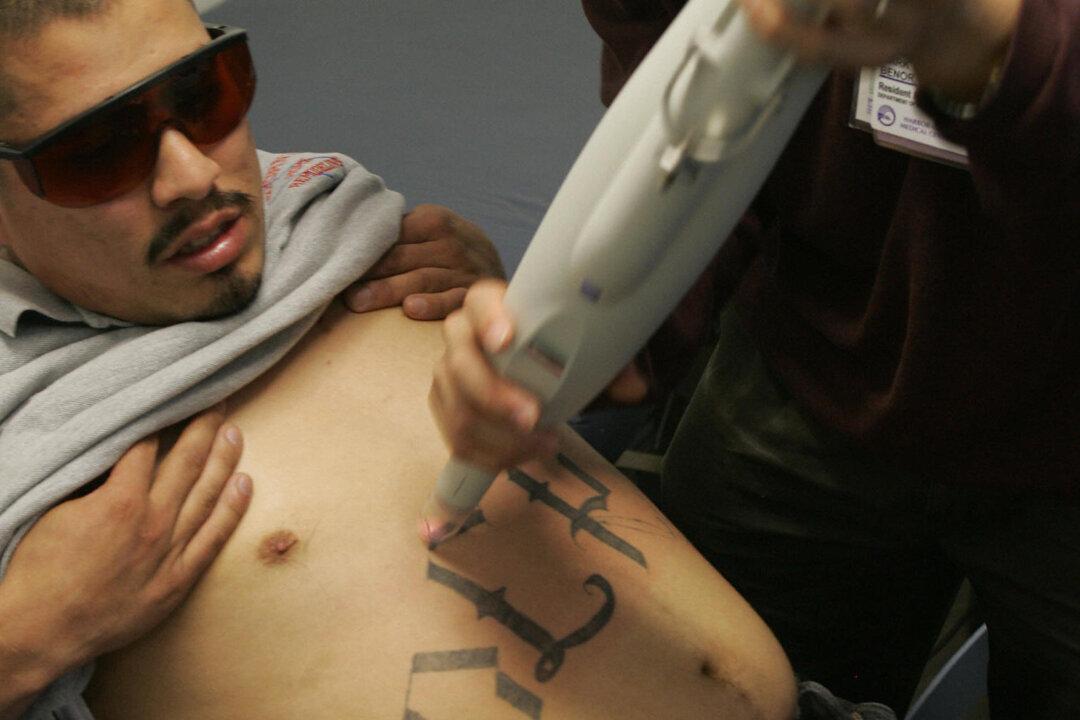California has become the first state to require public universities to provide abortion pills to students, starting Jan. 1, 2023.
Signed into law by Gov. Gavin Newsom on October 11, Senate Bill 24 requires the 34 University of California and California State University campuses to make abortion pills available for free during the first ten weeks of pregnancy. The law will be funded by $10 million in private donations rather than taxpayer dollars, according to the Associated Press.




